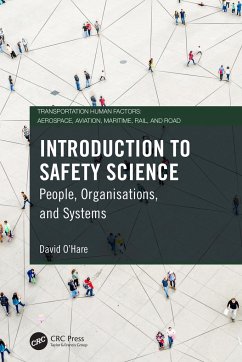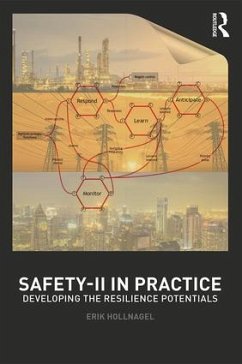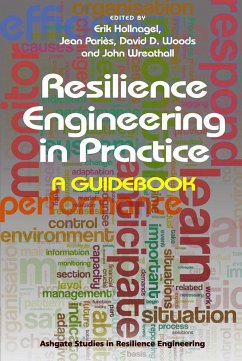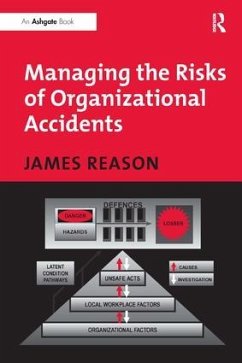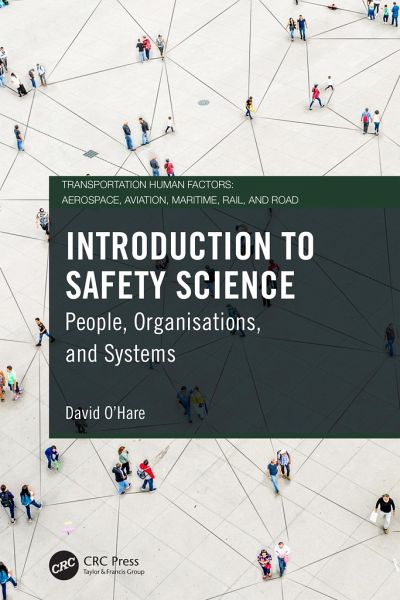
Introduction to Safety Science
People, Organisations, and Systems
Versandkostenfrei!
Versandfertig in 6-10 Tagen
50,99 €
inkl. MwSt.
Weitere Ausgaben:

PAYBACK Punkte
25 °P sammeln!
The book is designed as an accessible and readable introduction to a rapidly expanding area that is in demand worldwide. A variety of professionals from different backgrounds are being tasked with managing health and safety risks in a wide variety of settings. Many lack current and up-to-date knowledge of the key developments that have taken place in Safety Science in recent decades, as well as a sense of how these developments fit in with previous approaches.This book takes readers on a 'journey' across three broad developments in safety science.It covers topics that focus on the individual i...
The book is designed as an accessible and readable introduction to a rapidly expanding area that is in demand worldwide. A variety of professionals from different backgrounds are being tasked with managing health and safety risks in a wide variety of settings. Many lack current and up-to-date knowledge of the key developments that have taken place in Safety Science in recent decades, as well as a sense of how these developments fit in with previous approaches.
This book takes readers on a 'journey' across three broad developments in safety science.
It covers topics that focus on the individual including human error, risk and the role of cognition in human performance.
It then shifts to research in safety science that uses organizations as the basic unit of analysis, questions about organizational decision making and the characteristics that dispose towards or against organizational failure and it introduces perspectives based on systems science that address issues that arise out of complexity and interdependence.
Those who will purchase this book are students taking courses in human factors, ergonomics, applied psychology, occupational health and safety management. Professionals working in safety management in any field from agriculture, construction, shipping, aviation, power generation, oil exploration, manufacturing to healthcare will find this book useful, as well as general readers interested in why systems fail.
This book takes readers on a 'journey' across three broad developments in safety science.
It covers topics that focus on the individual including human error, risk and the role of cognition in human performance.
It then shifts to research in safety science that uses organizations as the basic unit of analysis, questions about organizational decision making and the characteristics that dispose towards or against organizational failure and it introduces perspectives based on systems science that address issues that arise out of complexity and interdependence.
Those who will purchase this book are students taking courses in human factors, ergonomics, applied psychology, occupational health and safety management. Professionals working in safety management in any field from agriculture, construction, shipping, aviation, power generation, oil exploration, manufacturing to healthcare will find this book useful, as well as general readers interested in why systems fail.





